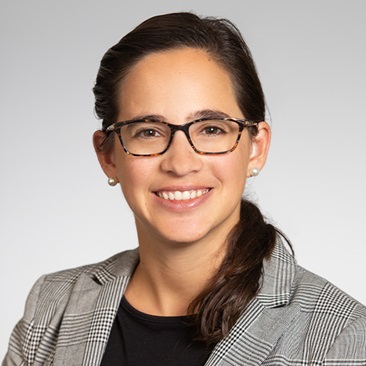Barton Article on Nonpartisan Primaries and Wealthy Donors Published by RealClearPolitics
October 8, 2024
RealClearPolitics
“Nonpartisan Primaries Reduce the Influence of Wealthy Donors,” written by Richard Barton, assistant teaching professor of public administration and international affairs, was published by RealClearPolitics. Following is an excerpt:
Political corruption, apparently, is in the eye of the beholder. Contrary to the assertions of at least one Colorado politician, new research suggests that establishing open nonpartisan primaries in Colorado (and other states) will significantly reduce the ability of wealthy donors and ideological Super PACs to influence – or “corrupt” – our elections.
Recently, Colorado State Rep. Emily Sirota (D) falsely claimed that nonpartisan primaries are yet another avenue through which the wealthy can corrupt American politics. Sirota made this claim to defend her 11th-hour effort to delay implementation of nonpartisan primaries in Colorado, should they be approved by the voters in November.
My research finds the opposite: Nonpartisan primaries significantly reduce the influence of wealthy donors in elections.
In a nonpartisan primary, all candidates, regardless of party, compete against each other on one unified ballot, and all eligible voters can participate. At the moment, the vast majority of states use partisan primaries, where Republicans and Democrats hold separate elections to determine their party’s nominee for the general election. These low-turnout affairs tend to be dominated by the most engaged partisan voters, and it helps explain why, year after year, most general election voters are disappointed by the choices on their ballot.
Since nonpartisan primaries include candidates from all parties, and many voters are entrenched in their partisan loyalties, fewer voters are susceptible to changing their votes based on persuasion efforts funded by wealthy donors. In these more competitive and more dynamic systems, unrepresentative ideological PACs are less likely to change election outcomes through an infusion of cash.
Read the full article at the link above.
Related News
Research

Dec 19, 2024
Commentary

Dec 18, 2024
Research

Dec 18, 2024
Research

Dec 16, 2024
